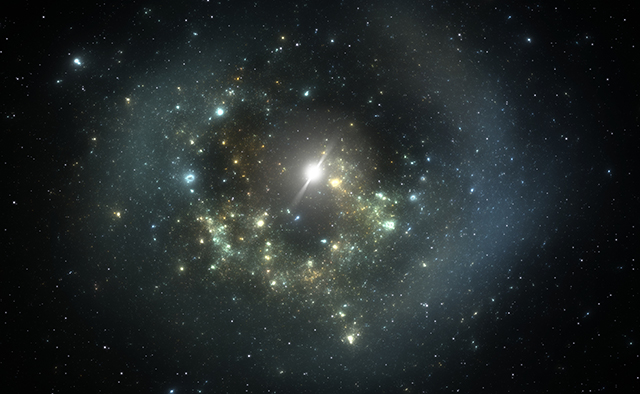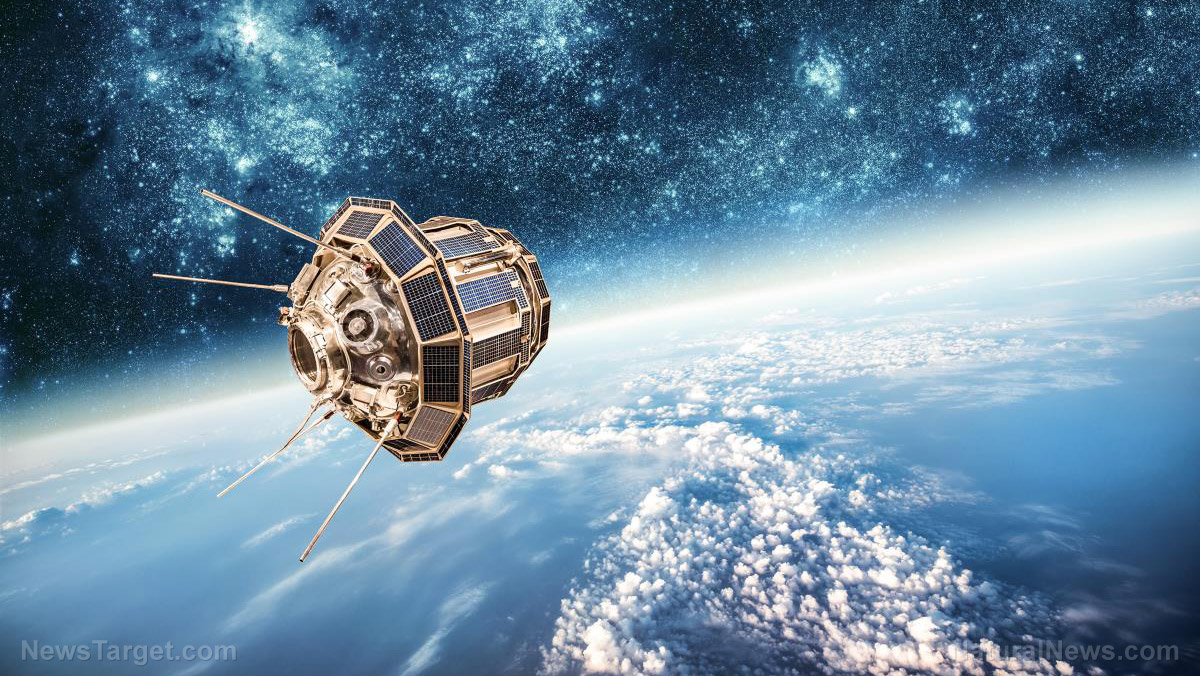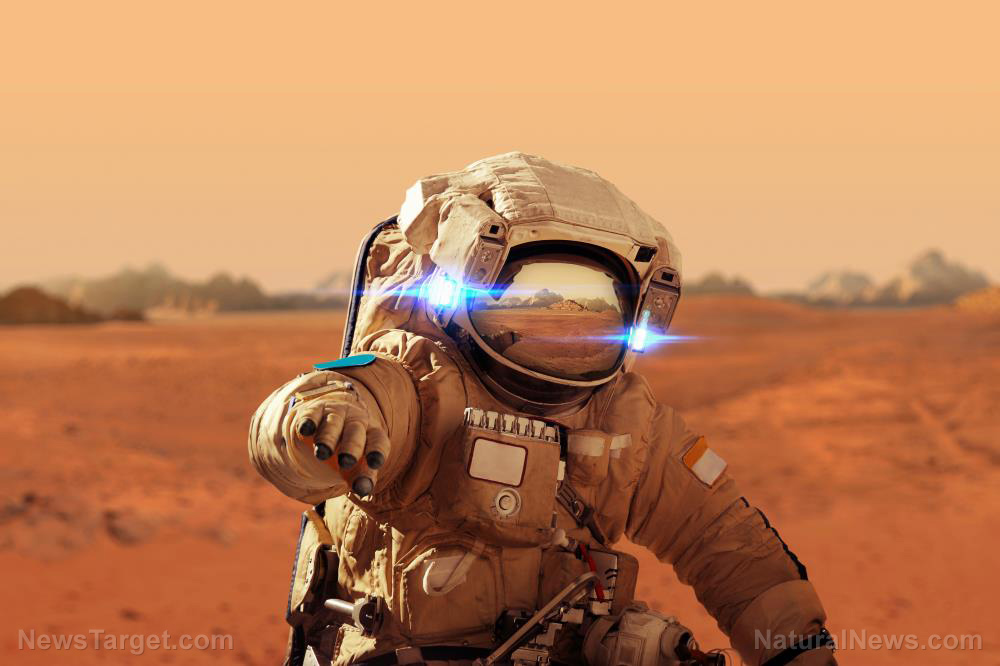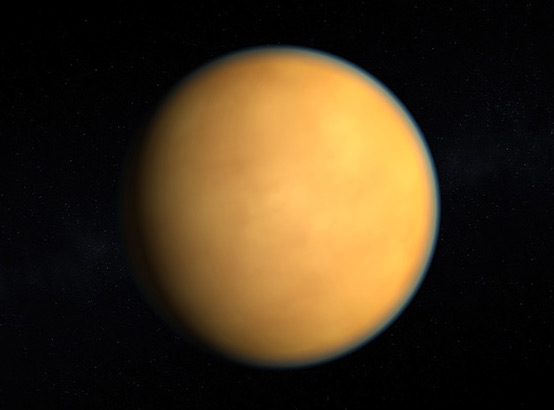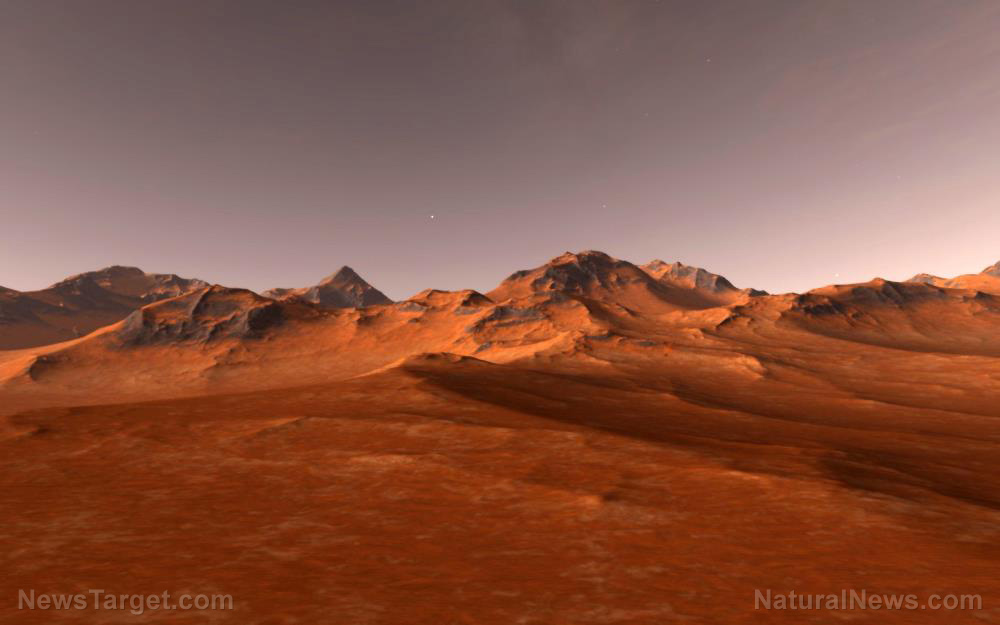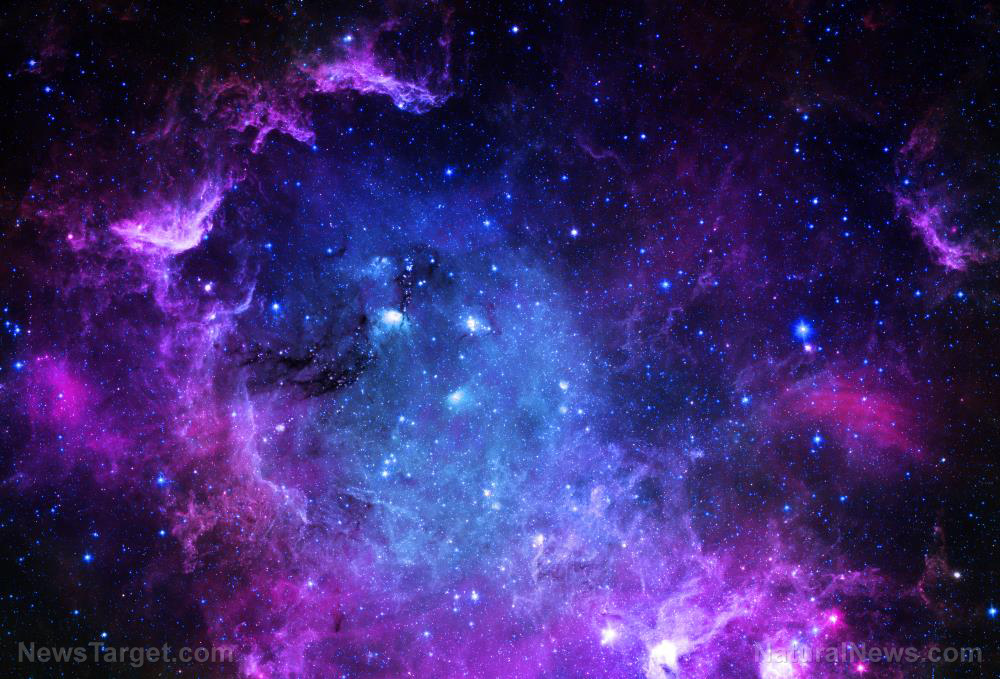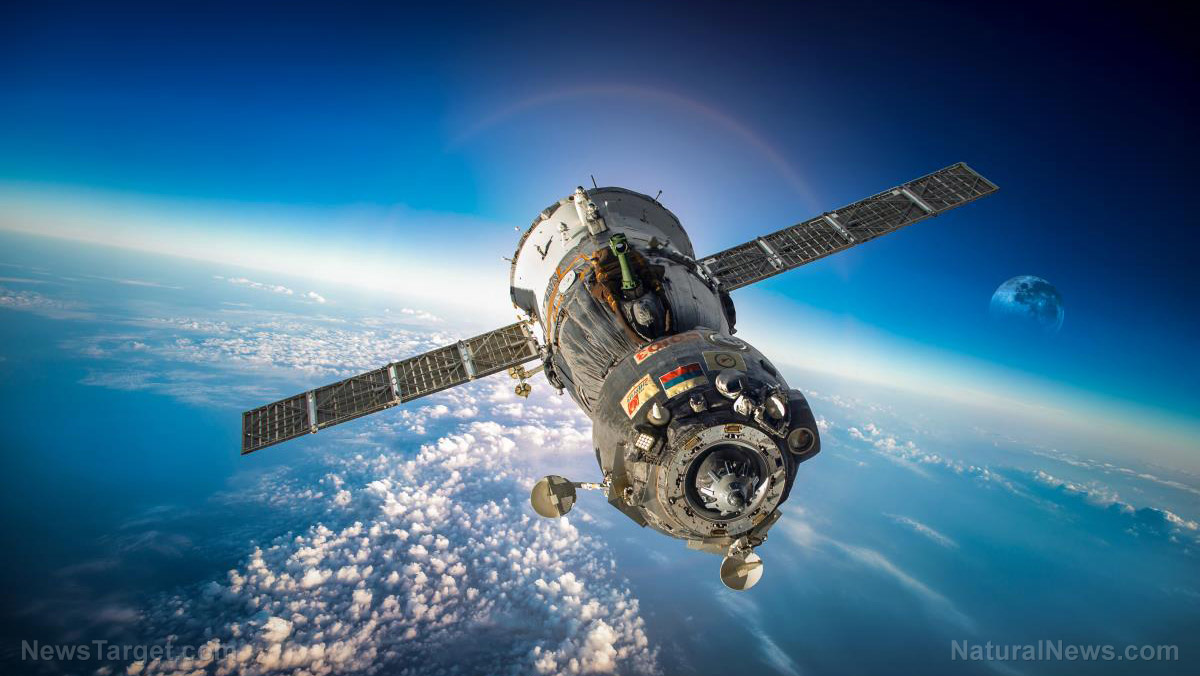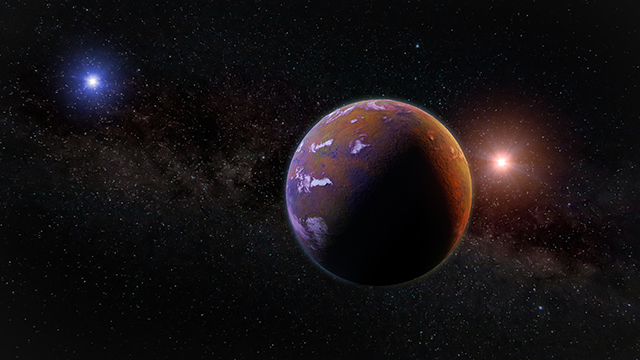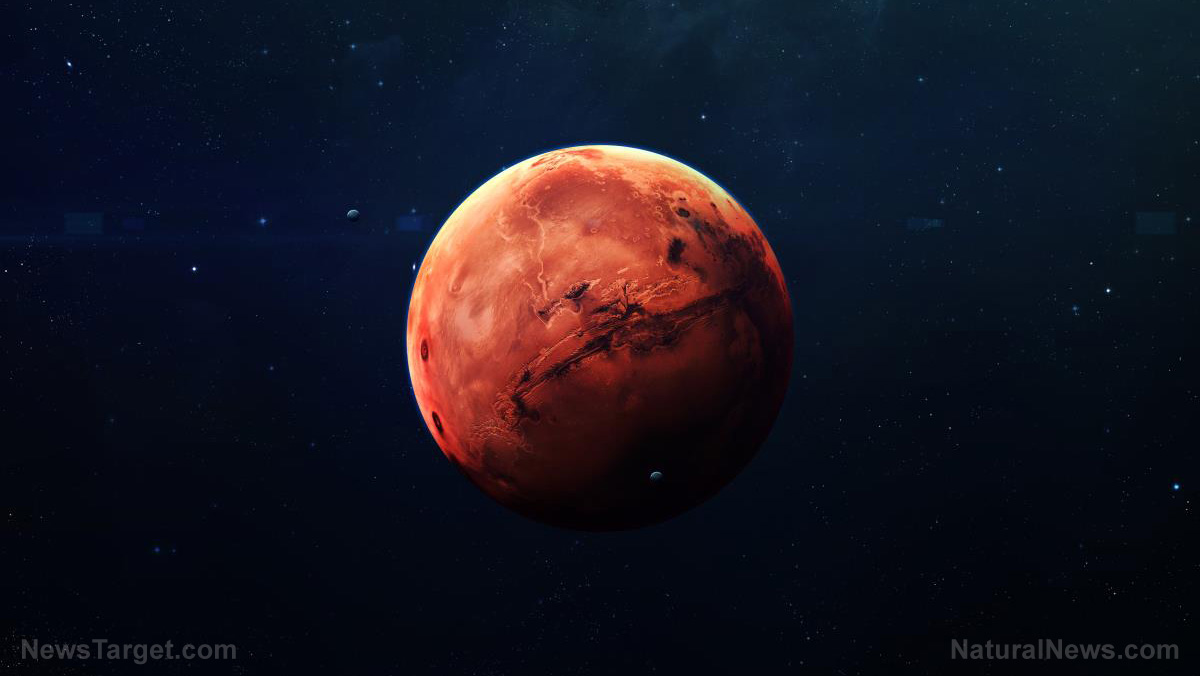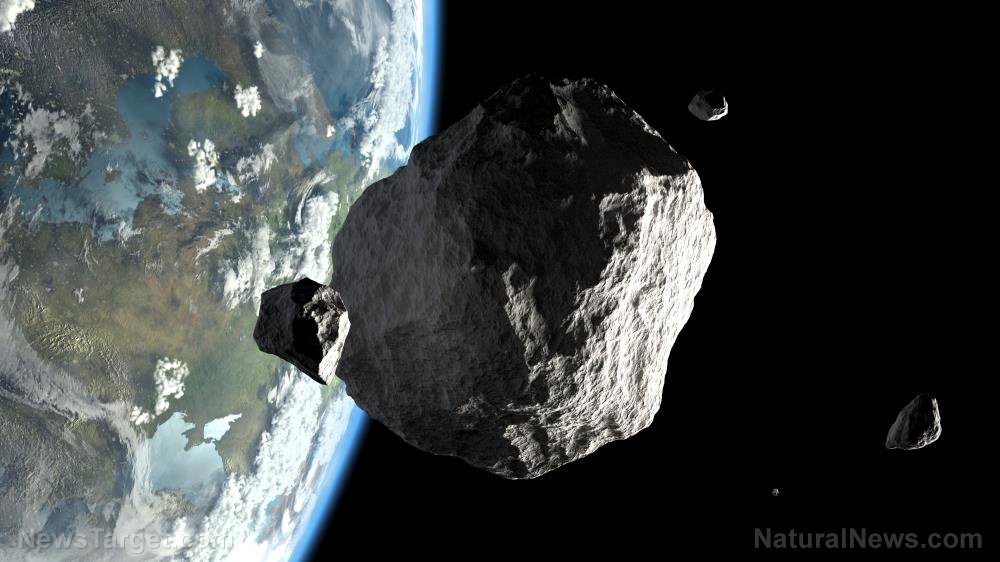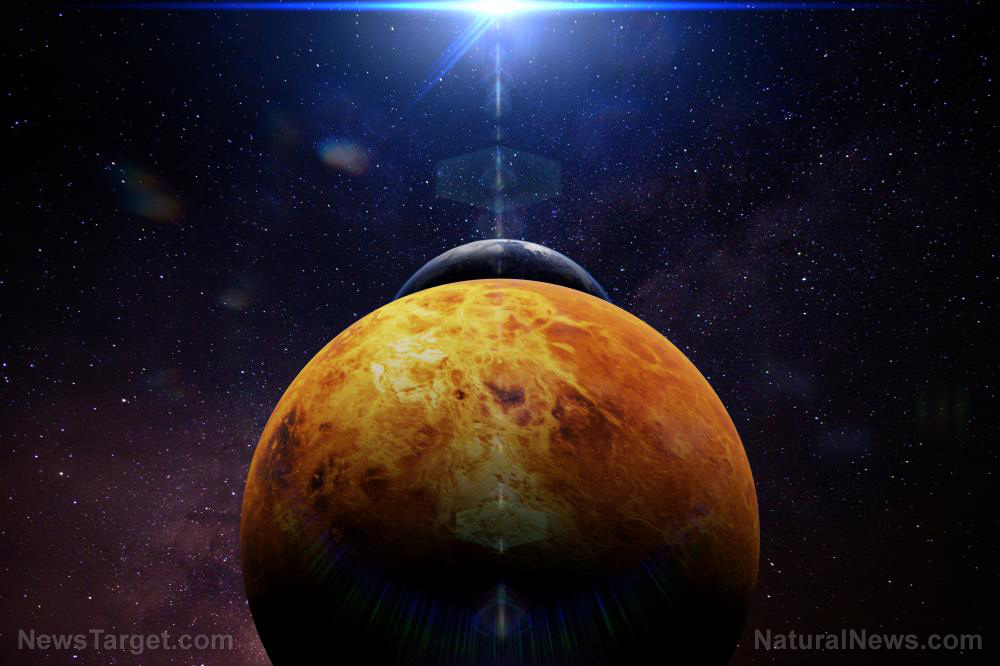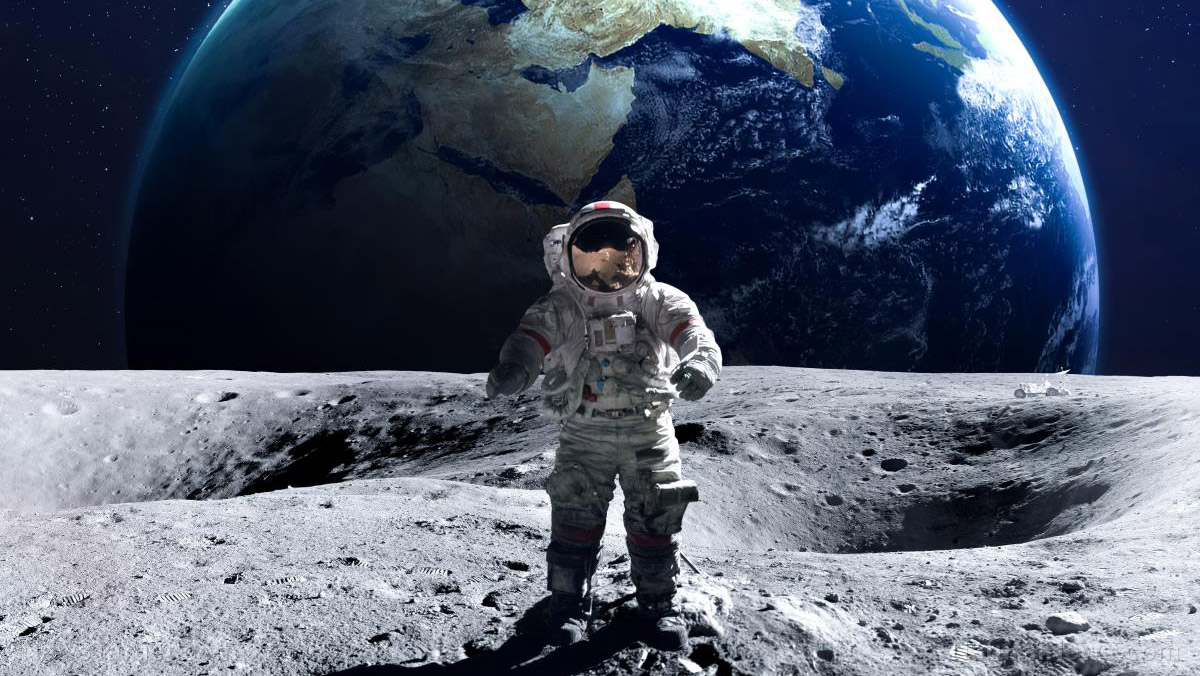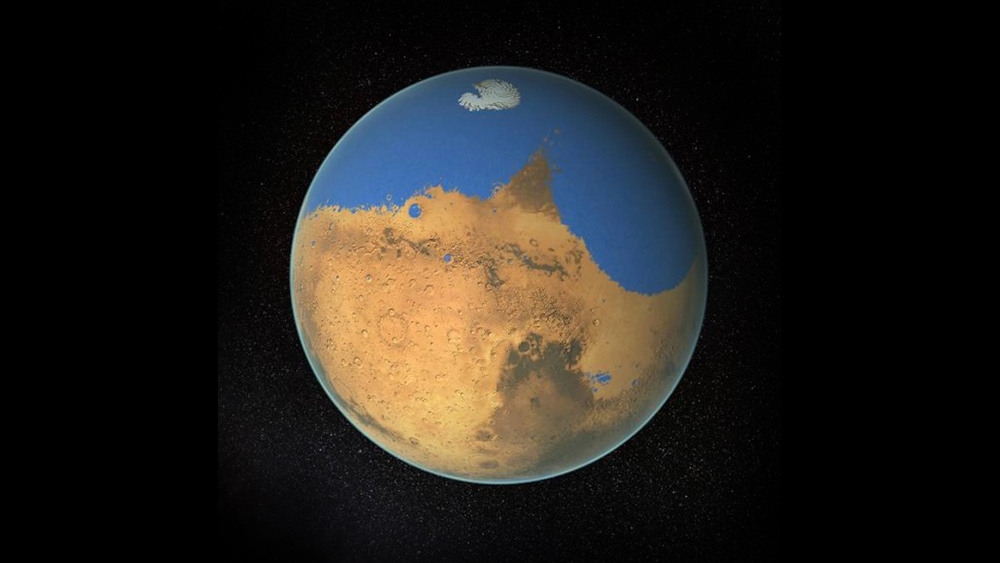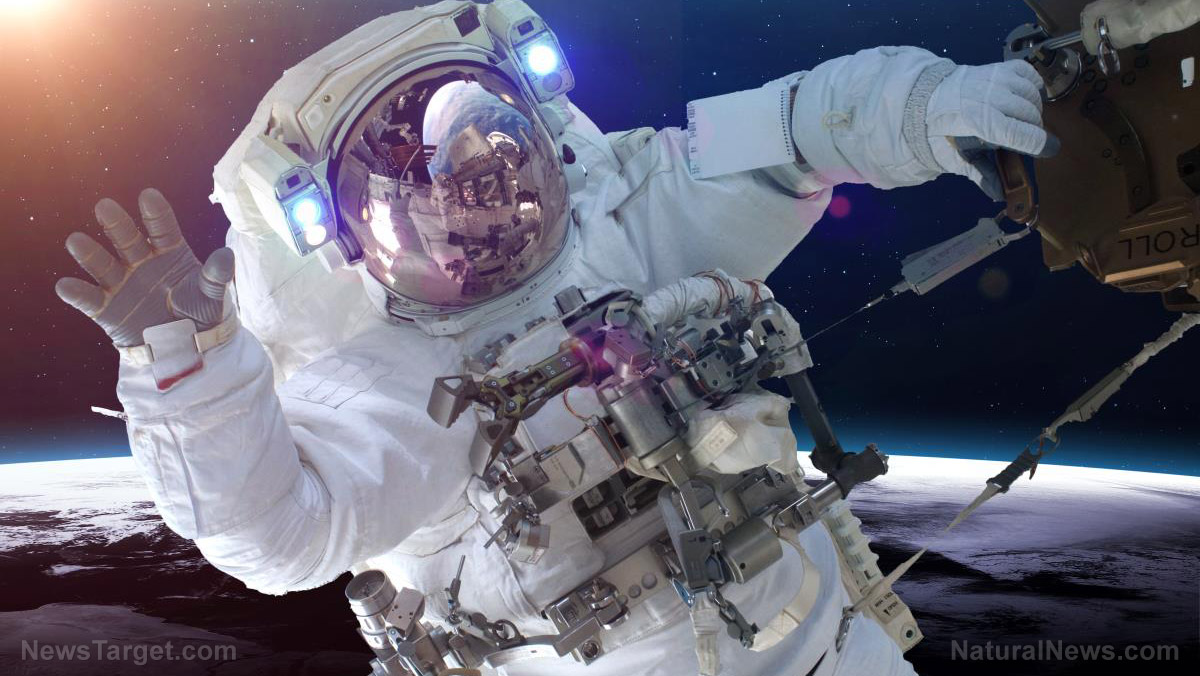Populating other worlds: Beneficial microbes can be used as primary colonists for alien planets, suggest researchers
09/17/2020 / By Michael Alexander

The key to successfully terraforming the Red Planet may lie in some terrestrial microbes.
According to microbiologist Jose Lopez and his colleagues W. Raquel Peixoto and Alexandre Rosado, microbes from Earth may be able to jumpstart the creation of a habitable environment on Mars, the same way early microbes kickstarted the creation of the Earth’s atmosphere.
“Life as we know it cannot exist without beneficial microorganisms,” Lopez, lead author of the paper and a professor at Nova Southeastern University in Florida, said in a press release, arguing that in order for man to survive in a barren and sterile environment, future expeditions must take beneficial microbes with them.
“Life on Earth started with relatively simple microorganisms which have the capacity to adapt and evolve to extreme conditions, which defined Earth’s habitats in the ancient past,” Lopez said, referring to the unicellular cyanobacteria that first produced oxygen as a byproduct of the photosynthetic process some two billion years ago.
According to the research team, once introduced to Mars, the bacteria could help create an Earth-like atmosphere and even establish the foundation of a Martian food chain.
Space agencies must send only the most durable microbes
Should the controlled seeding – which the researchers dubbed the “Proactive Inoculation Plan” – be enacted, scientists must ensure that only the most durable specimens are chosen.
“If humanity is seriously contemplating colonizing Mars, another planet, or one of the nearby moons in the future, then people need to identify, understand, and send the most competitive and beneficial pioneers,” the researchers said.
They added that the first microbes to be released on Mars should be extremophiles, a group of bacteria, viruses and fungi that are capable of withstanding space and its harsh, unforgiving environment.
“Earth’s habitat was likely very inhospitable more than 4 billion years ago, but microbial life arose and evolved over time,” they explained.
Microbe seeding violates NASA, UN policies and treaties
This unorthodox proposal, however, published in the journal Microbiology Ecology, runs counter to National Aeronautic and Space Administration’s (NASA) strict guidelines and policies regarding possible interplanetary contamination.
The policies, enacted and overseen by NASA’s Office of Planetary Protection, note that spacecraft going to other worlds must be cleaned thoroughly and freed of all biological contaminants, not just to protect and guarantee the integrity of the search and its findings, but also to protect possible extraterrestrial lifeforms from contamination and infection.
According to the space agency, such policies have been enacted to “preserve our ability to study other worlds as they exist in their natural states; to avoid contamination that would obscure our ability to find life elsewhere – if it exists.”
In the same way, NASA said, care must be exercised to prevent any instance of backward contamination, which is defined as the introduction of extraterrestrial organisms and other contaminants into Earth, which could have potentially harmful consequences for humans and the rest of the Earth’s biosphere.
Aside from the NASA policies, the proposal also violates the Outer Space Treaty of the United Nations Office for Outer Space Affairs which compels states to avoid harmful contamination of both space and celestial bodies.
The authors, meanwhile, noted that their suggestion may indeed raise ethical concerns.
“One can rightly argue that microbes released on Mars will represent invasive species that are being introduced into an unexplored and possibly pristine ecosystem,” the research team said. (Related: Space cooties: Should astronauts be worried about fungi on space stations?)
However, Lopez and his colleagues argue that contamination of other places in the galaxy is inevitable, and that it is “impossible” for humans to explore new planets and other worlds without bringing along any terrestrial microbial hitchhikers.
Other experts, however, are not convinced.
According to Steve Clifford, a senior scientist at the Arizona-based Planetary Science Institute, while he is not in denial that humans will eventually contaminate Mars, he believes that any mistake made by releasing Earthly microbes could “far outweigh any short-term gains.”
“We must follow the planetary protection equivalent of the Hippocratic Oath: ‘Above all else, do no harm’,” Clifford said in a statement published on Gizmodo, noting that potentially contaminating an alien biosphere represents a serious ethical concern.
“That is a legacy that we carry with us forever more,” Clifford said.
Visit Space.news for more stories and articles about discoveries concerning the cosmos and its heavenly bodies.
Sources include:
Tagged Under: alien life, astrobiology, germs, Mars, Martian, Microbes, NASA, outer space, pathogens, planets, prevention, red planet, Space, space stations, space travel, Spacecraft, weird science
RECENT NEWS & ARTICLES
COPYRIGHT © 2017 SPACE TOURISM NEWS

